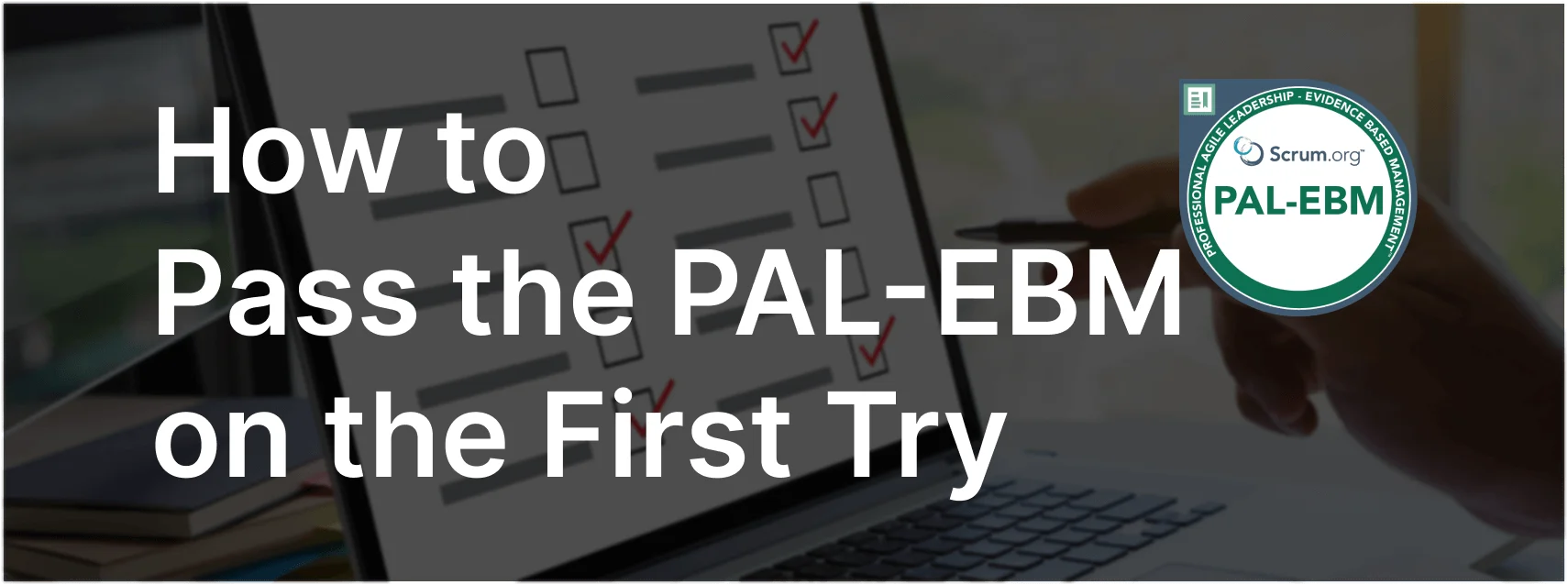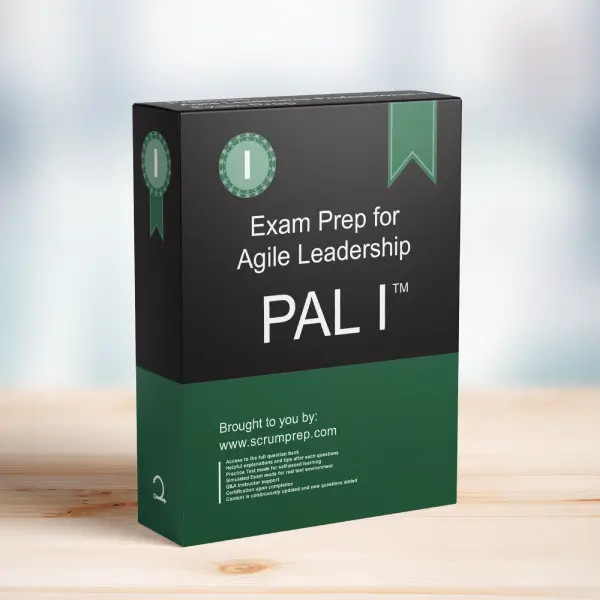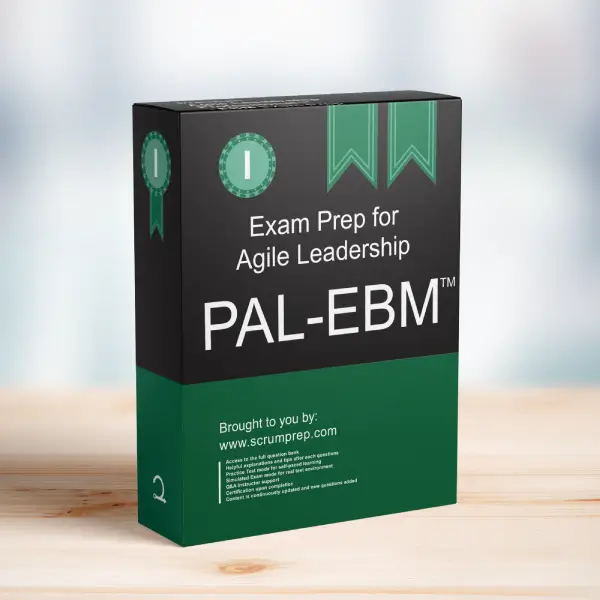The Purpose of Designing and Running Experiments
In the context of Evidence-Based Management (EBM), designing and running experiments is a crucial practice for organizations to gain insights, solve complex problems, and drive continuous improvement. This article examines the primary reason organizations undertake experiments.
Exam Question
What is the reason for organizations to design and run experiments?
(choose the best answer)
A. To provide the team with varied types of work to enrich their work.
B. To gain knowledge necessary to solve complex problems.
C. To employ empirical process control in an agile transformation.
D. All of the above.
Correct Answer
B. To gain knowledge necessary to solve complex problems.
Explanation
Correct Answer
B. To gain knowledge necessary to solve complex problems:
The primary reason for designing and running experiments is to acquire knowledge that helps solve complex problems. This approach enables organizations to test hypotheses, validate assumptions, and learn from the outcomes, ultimately leading to better decision-making and innovative solutions.
Why the Other Options Are Less Effective
A. To provide the team with varied types of work to enrich their work:
While providing varied types of work can enrich team members’ experiences, it is not the main reason organizations design and run experiments. The primary goal is to gain insights and solve problems.
C. To employ empirical process control in an agile transformation:
Employing empirical process control is an important aspect of agile transformations, but it is a broader concept that includes experimentation as one of many practices. The core purpose of experiments is to generate knowledge and address specific challenges.
D. All of the above:
Although A and C are valid in their contexts, the main reason for running experiments is to gain the knowledge necessary to solve complex problems, making B the most accurate choice.
Benefits of Designing and Running Experiments
Knowledge Acquisition: Experiments provide empirical data that help organizations understand complex issues and identify effective solutions.
Innovation: Through experimentation, organizations can explore new ideas and approaches, fostering innovation and continuous improvement.
Risk Mitigation: Running controlled experiments allows organizations to test assumptions and validate hypotheses before fully committing resources, reducing the risk of failure.
Adaptability: Experimentation supports agile practices by enabling organizations to adapt quickly based on new insights and changing circumstances.
EBM Framework Insights
Current Value (CV): Experiments can help improve current value by identifying effective practices and solutions that enhance product performance and customer satisfaction.
Unrealized Value (UV): By experimenting with new ideas, organizations can uncover unrealized value and growth opportunities.
Ability to Innovate (A2I): Regular experimentation fosters a culture of innovation, enabling organizations to continuously improve and adapt.
Time to Market (T2M): Effective experimentation can streamline processes and reduce time to market by quickly identifying the best solutions.
Relevance to the PAL-EBM Exam
Understanding the primary reason for designing and running experiments is crucial for the PAL-EBM exam. This knowledge demonstrates the ability to apply the EBM framework to drive continuous improvement and solve complex problems effectively.
Key Takeaways
- The primary reason for designing and running experiments is to gain knowledge necessary to solve complex problems.
- Experimentation supports innovation, risk mitigation, and adaptability.
- Experiments generate empirical data that inform better decision-making and continuous improvement.
Conclusion
Designing and running experiments is essential for organizations to gain the knowledge needed to solve complex problems. This approach fosters innovation, mitigates risks, and supports continuous improvement. For more information on preparing for the PAL-EBM exam, visit our Professional Agile Leadership PAL-EBM™ Exam Prep.




